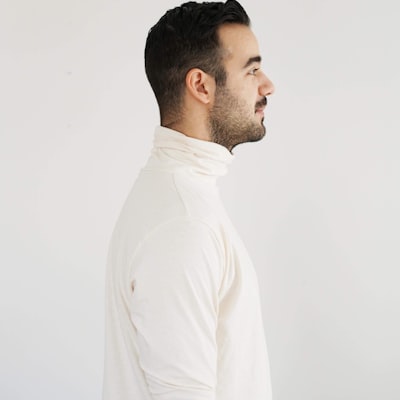How long should I let my 1 year old play alone?

There's no definitive answer to this question as every child is different. However, a good rule of thumb is that a child can play alone for around 15 minutes per year of age. So, a 1-year-old can play alone for around 15 minutes, a 2-year-old for around 30 minutes, and so on. Of course, you'll want to keep an eye on your child to make sure they're safe and not getting into too much trouble.
1. How long should I let my one year old play alone?
It is generally recommended that you allow your 1 year old to play alone for short periods of time, such as 10-15 minutes. This will help them to develop a sense of independence and self-regulation. If you are concerned about your child's safety, you can always stay nearby and keep an eye on them.
2. The benefits of solo play for one year olds.
There are many benefits to solo play for one year olds. Solo play helps babies develop their fine motor skills, learn to communicate and express themselves, and develop their own sense of identity. It also helps them to develop a sense of self-control and to learn to regulate their own emotions. Solo play is an important part of your baby's development and should be encouraged.
3. How to encourage solo play in one year olds.
There is no definitive answer to this question, as it will vary depending on the individual child's temperament and preferences. However, in general, it is a good idea to gradually increase the amount of time that your child spends playing alone, starting with just a few minutes at a time. You can then gradually increase this as your child becomes more comfortable with the idea. It is also important to provide your child with plenty of stimulating toys and activities to keep them occupied during solo playtime.
4. The importance of monitoring solo play.
Solo play is important for children for a number of reasons. modern playset helps them to develop independence, self-confidence, and self-reliance. It also allows them to explore their imagination and creativity. Additionally, solo play helps children to develop problem-solving and critical thinking skills.
However, it is important to monitor solo play to ensure that it is safe and developmentally appropriate. For example, parents should make sure that their child has access to appropriate toys and materials for solo play. They should also ensure that their child is not engaging in risky behaviors. Additionally, parents should be available to provide support and guidance if needed.
5. What to do if your one year old doesn't want to play alone.
If your one year old doesn't want to play alone, there are a few things you can do to encourage them to do so. First, try to provide them with opportunities to play by themselves. This could mean setting up a play area in their room with their favorite toys or placing them in a room where they can explore and play safely. Secondly, try to model playing alone yourself. If they see you enjoying yourself while playing alone, they may be more likely to want to do so themselves. Finally, be patient and understanding. It may take some time for them to adjust to playing alone, but with your support and encouragement, they will eventually get there.
